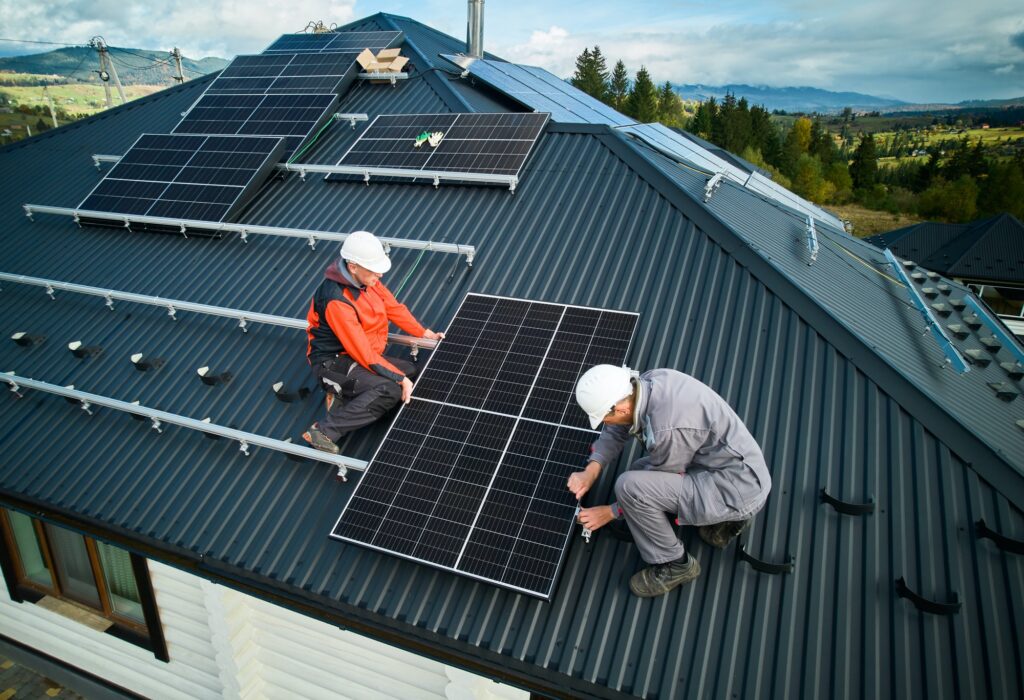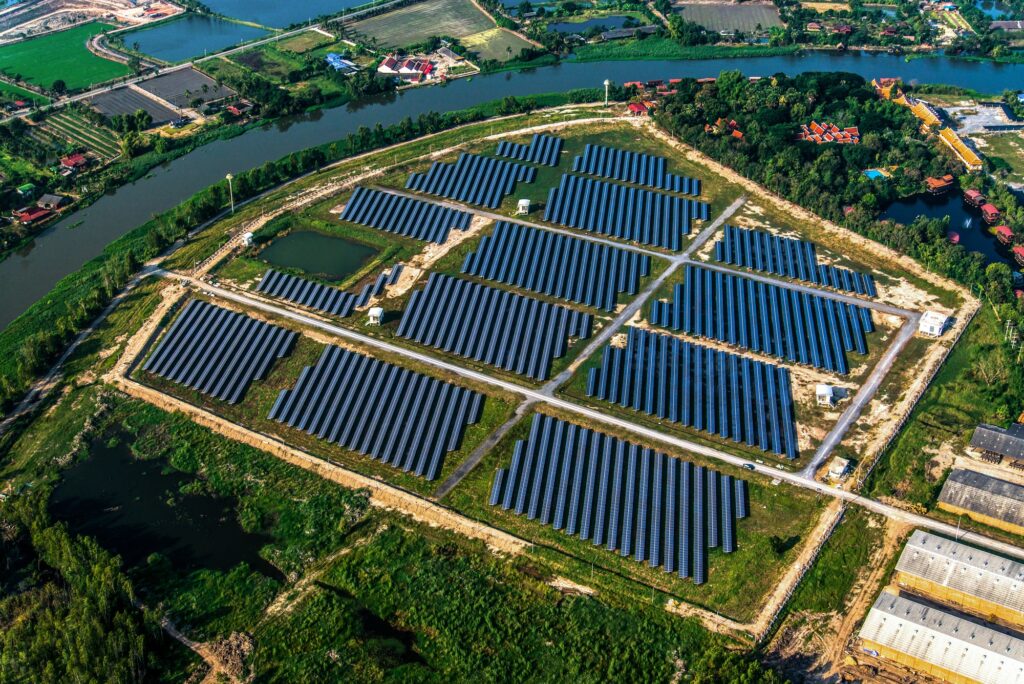Rooftop Solar Benefits
- Energy independence
- Cost savings
- Reduced environmental impact
- Improved energy resilience
- Increased home value
Community Solar Benefits
- Easy access to renewable energy
- Cost savings
- Flexible subscription options
- Reduced environmental impact
- Improved energy resilience
- Peace of mind
- Increased community engagement


